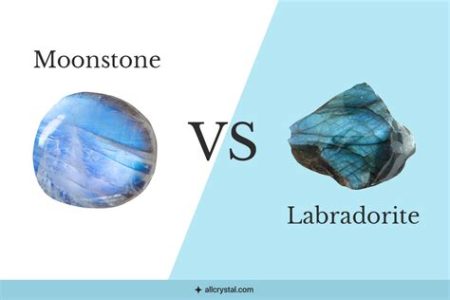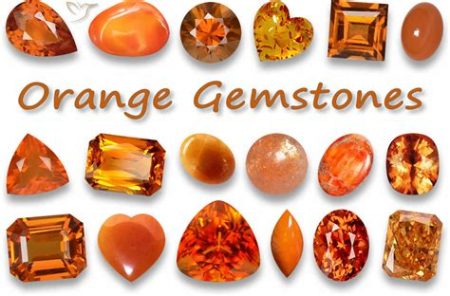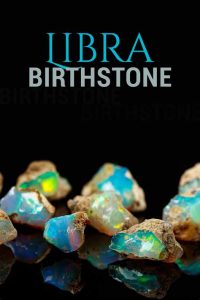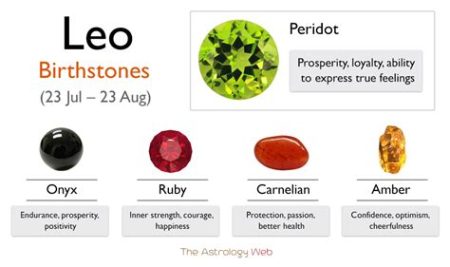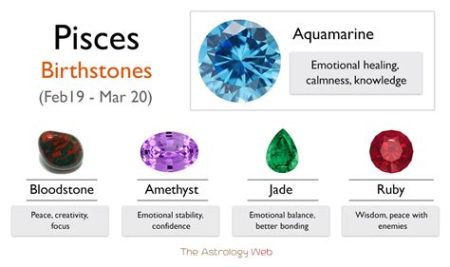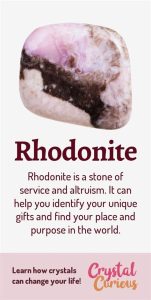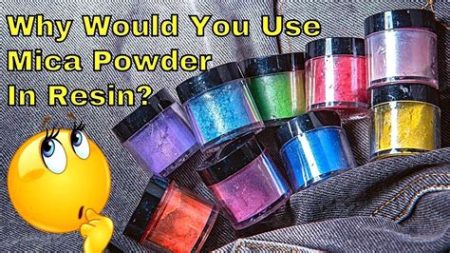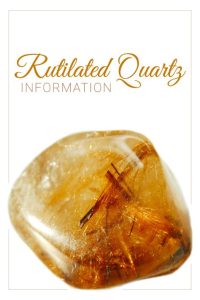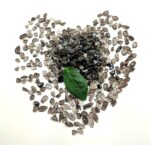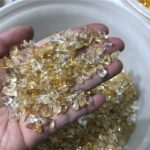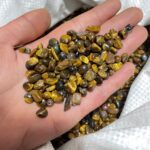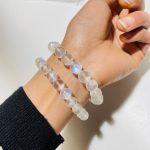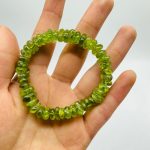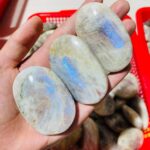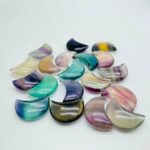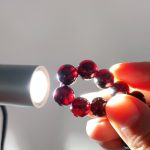Introduction
Aquamarine crystals, renowned for their exquisite blue hues, have captivated collectors and gemstone enthusiasts alike for centuries. In the realm of precious stones, the debate between natural and synthetic aquamarine crystals continues to ignite discussions.
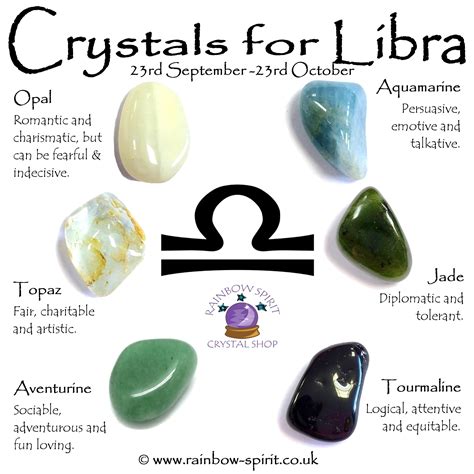
Natural Aquamarine Crystals
-
Pristine Beauty: Natural aquamarine crystals are formed through geological processes over millions of years, resulting in their captivating blue color and unique inclusions.
-
Investment Value: As natural resources become increasingly scarce, the value of natural aquamarine crystals is likely to appreciate over time, making them a valuable investment.
-
Historical Significance: Natural aquamarine crystals have been prized by ancient civilizations, including the Egyptians, Greeks, and Romans, adding a touch of historical charm to their allure.
Synthetic Aquamarine Crystals
-
Affordable Alternative: Synthetic aquamarine crystals offer a more budget-friendly option, making the beauty of aquamarine accessible to a wider audience.
-
Controlled Environment: Produced in controlled laboratory settings, synthetic aquamarine crystals possess consistent color and clarity, ensuring a high level of uniformity.
-
Environmental Sustainability: The creation of synthetic aquamarine crystals reduces the impact on natural resources, promoting environmental conservation.
Comparison of Aquamarine Crystals
| Feature | Natural | Synthetic |
|---|---|---|
| Origin | Formed naturally over millions of years | Created in laboratory settings |
| Color | Can vary slightly, with unique inclusions | Consistent and uniform |
| Value | Typically higher due to scarcity | Lower due to availability |
| Historical Significance | Possess historical value from ancient civilizations | Lack historical significance |
| Environmental Impact | Can have an impact on natural resources | Reduces impact on environment |
Tips and Tricks
-
Clarity: Look for crystals with high clarity, allowing for maximum light transmission and enhancing their brilliance.
-
Inclusions: While some inclusions can add character, avoid crystals with excessive inclusions that may detract from their beauty.
-
Size and Shape: Choose crystals that complement the intended jewelry design or collection, considering both size and shape.
-
Color Saturation: The intensity of the blue color can vary, so select crystals that align with your desired level of saturation.
Conclusion
Ultimately, the choice between natural and synthetic aquamarine crystals depends on individual preferences and circumstances. Natural crystals offer a unique and historically significant option, while synthetic crystals provide an affordable and environmentally friendly alternative. With careful consideration of their characteristics and uses, both types of crystals can enhance any collection or jewelry design.
Inspiring New Applications: “Crystallography”
By harnessing the unique properties of aquamarine crystals, researchers are exploring innovative applications in fields such as nanotechnology and medicine. Studies have shown that aquamarine crystals can exhibit piezoelectric and pyroelectric effects, opening up possibilities for energy harvesting and temperature sensing.
Additional Information
Market Size and Future Trends
The global market for aquamarine crystals is expected to grow to USD 1.5 billion by 2025, driven by increasing demand from the jewelry and gemstone industries. Synthetic aquamarine crystals are projected to dominate market share due to their affordability and controlled production.
Case Detail: The Hope Aquamarine
One of the most famous aquamarine crystals is the Hope Aquamarine, which weighs over 100 carats and is set in the Hope Diamond necklace. The crystal is believed to have originated in Brazil and is renowned for its exceptional clarity and deep blue color.


